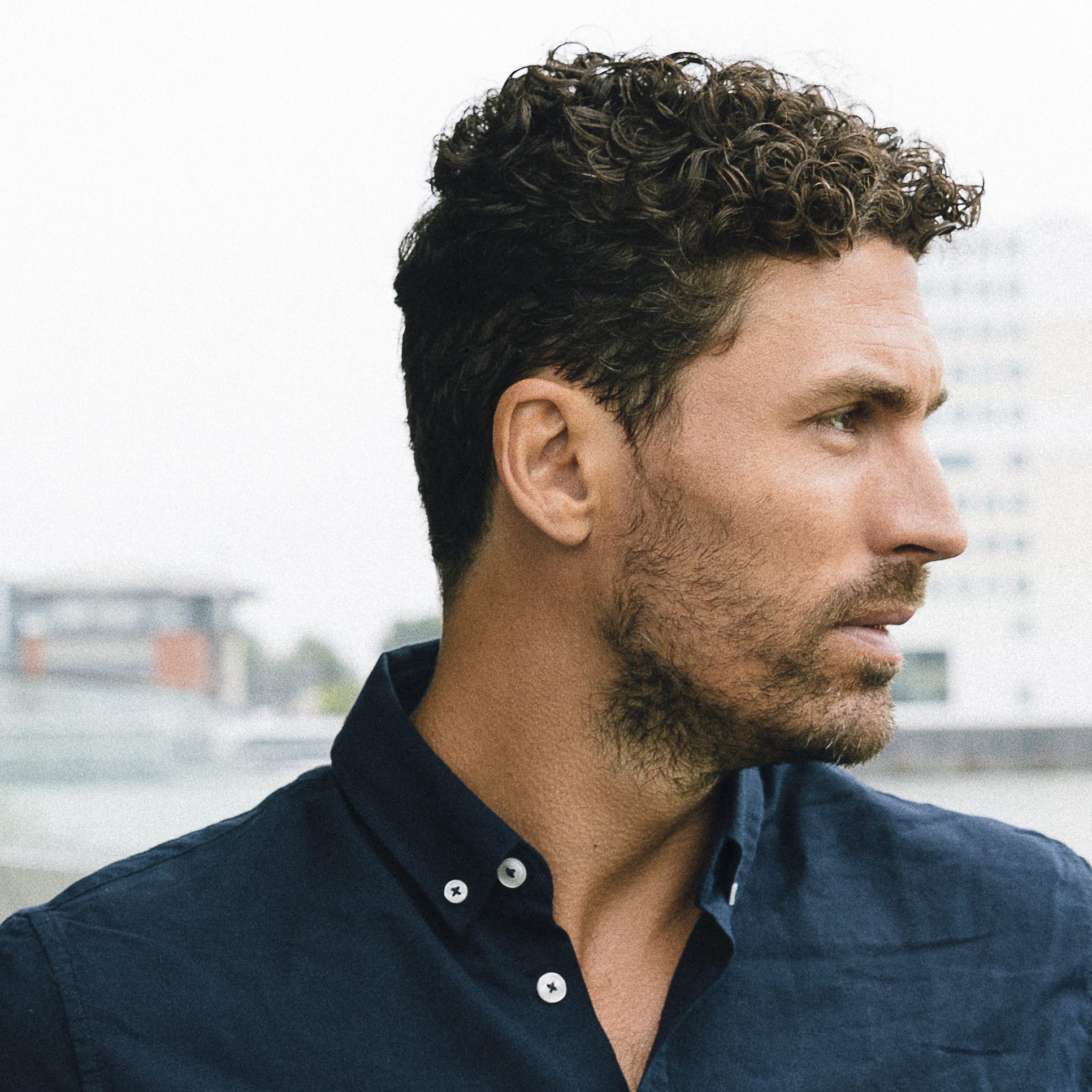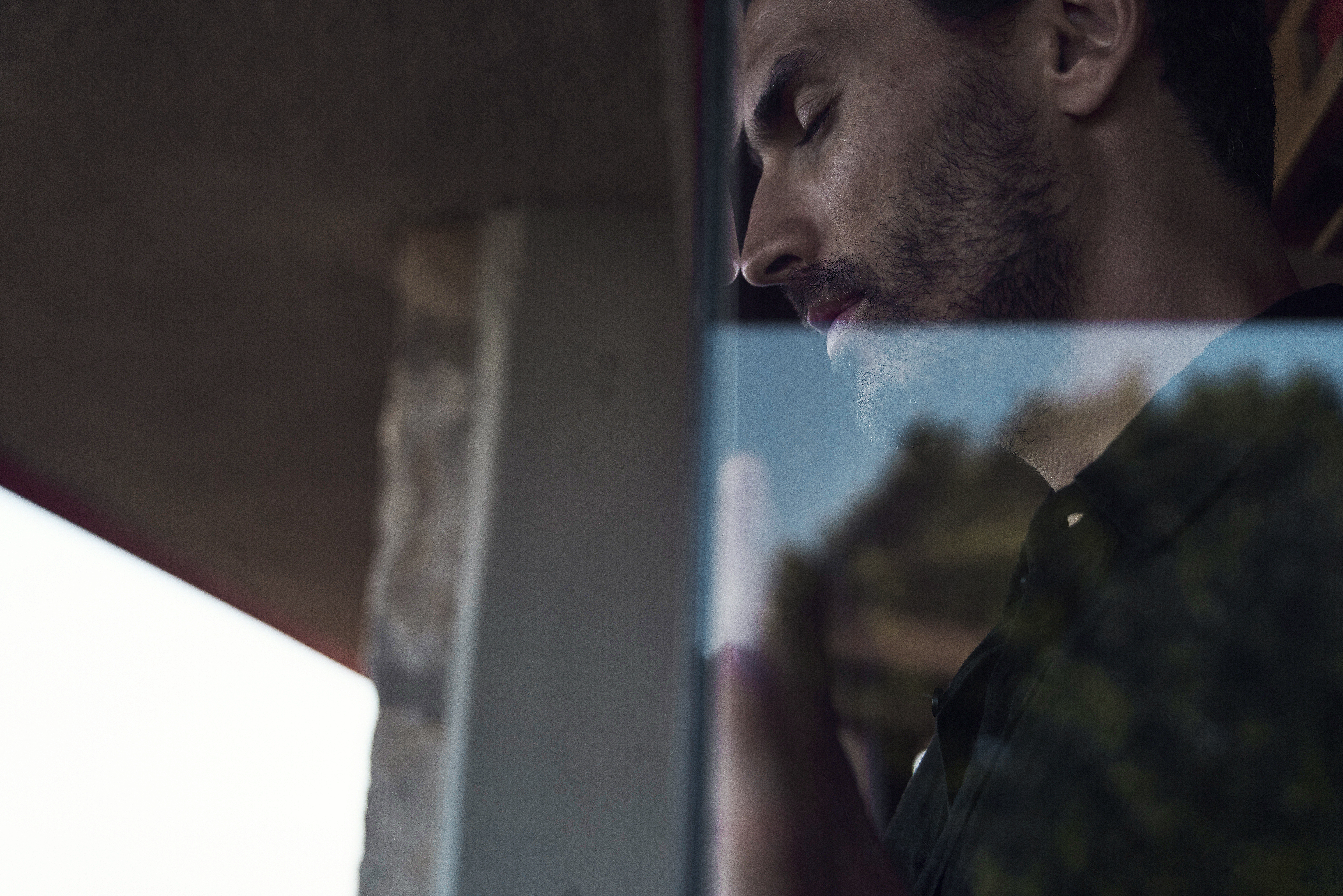One year ago, I wrote about the three grand divides we live in our era; a concept made public in the work of Otto Scharmer at MIT. The first is a Social divide, represented in the concentration of wealth, where around 65 people possess the means equivalent to that of the 50% poorer on the planet.
The second divide is Ecological. Right now, our global footprint overshoots our planet’s carrying capacity, meaning that we use 1.5 Earths worth of natural resources to sustain our species. By 2050, this number is expected to rise to 3. The United States alone, representing about 25% of the world’s Gross Domestic Product, utilizes 4.5 Earths to maintain its lifestyle (more on this in further posts).
Described as a mismatch between our actions and “who we really are,” the last is what Otto Scharmer calls a Spiritual divide.
Supporting his argument, the all-time high numbers of depression, burnout, and loneliness — not to mention chronic diseases. Primarily, the staggering data revealing that in this century, more people have taken their own lives than those killed in crime and war — combined, globally.
What is otherwise called “spiritual” by Scharmer is subject to interpretation. Spirituality is a loaded term, holding multiple significations across different groups and cultures.
I see it as an effective way to describe a dimension of our human experience that is subjective and related to the meaning each of us assigns to life.
While the social divide is a disconnect between self and others, the ecological divide is between self and it (in this case, our planet). The spiritual divide is then, states Scharmer, a disconnect between self and self.
For the purpose of this article, the disconnect between self and self is not predicated on any religious, astrological, or magical thinking. Nor does it follow a particular belief or script.
A Burning Inquiry
According to Scharmer, the disconnection between self and self is a product of the growing gap between our actions and who we really are. There’s a name for that: integrity.
In my work with change processes, integrity means our individual ability to know ourselves and enact our desire within our societal context.
The disconnect between self and self is the greatest of all three grand divides because there’s no way we can connect with others, let alone our planet, when our actions do not align with who we are (or want to be).
But how do I find out who I truly am, what I think and feel? What my values are? How do I untie the historical knots constituted in my life (and in my cultural context)? How can I bring forth my desire in a way that is both meaningful and pleasurable?
These and other questions are part of a burning inquiry each of us face or will have to face at some point in life. The sooner you engage with it in yours, the better not only for you but for those around you.
This is Part I of the On Integrity Series. In the following pieces, I’ll explore ways I have found to navigate my own inquiry, as well as conceptual and practical routes you can experiment in yours. Stay tuned.
A homeopathic dose. Want more?
I share thoughts, concepts, and ideas related my work, my travel experiments and my own development in homeopathic doses. If you’re interested in receiving it, you can subscribe here.
Photo by Anton Watts


